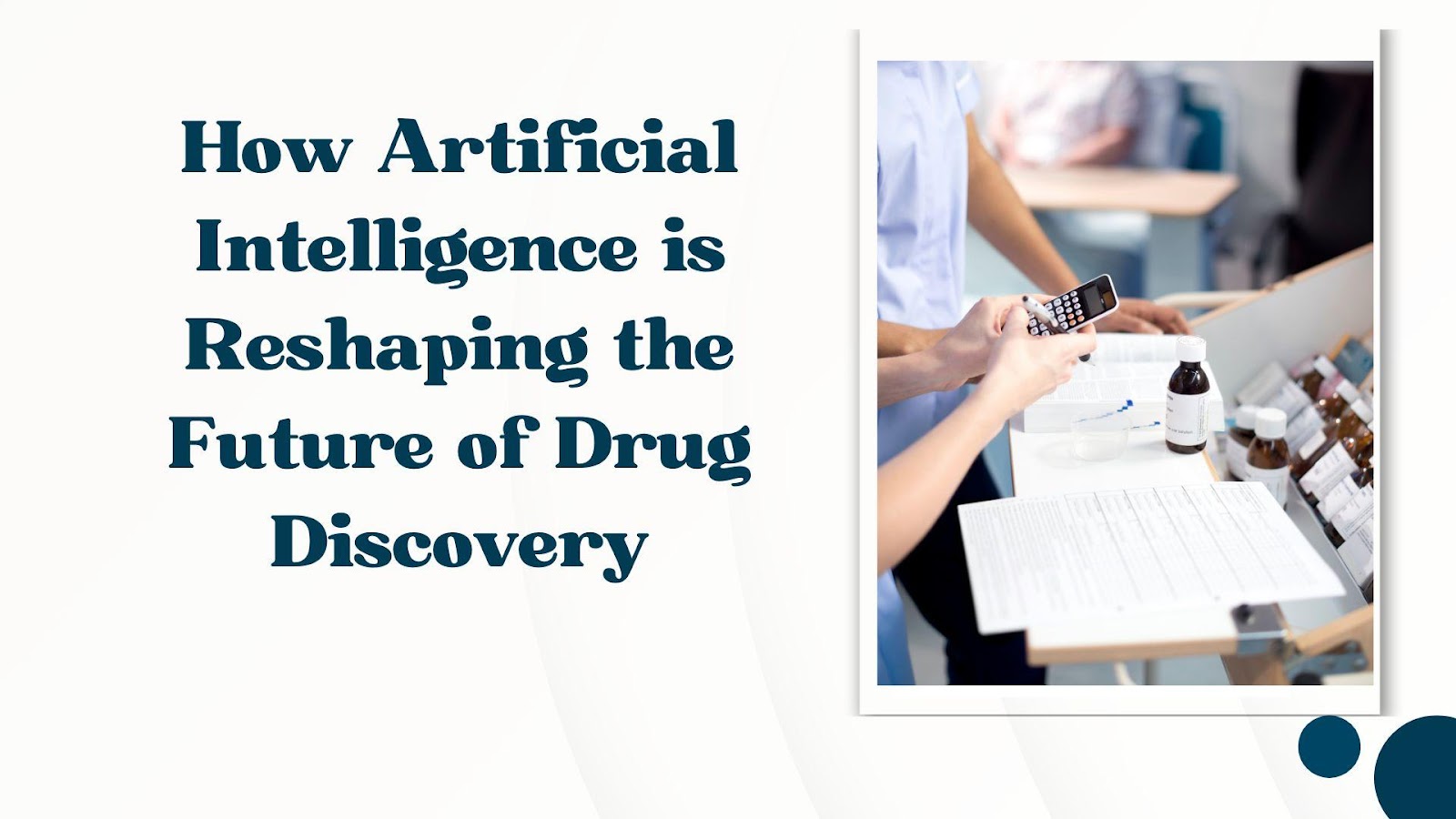Artificial intelligence (AI) is making significant strides in various fields, with drug discovery being one of the most impactful areas. The process of developing new drugs has traditionally been a lengthy, costly, and complex endeavor, often taking over a decade and billions of dollars to bring a single drug to market. However, as explored by Poshan Kumar Reddy Ponnamreddy in his technical review, AI is revolutionizing drug discovery by improving the efficiency and accuracy of multiple stages in the process.
Transforming Early-Stage Drug Development
The early stages of drug development have historically been resource-intensive and slow, especially in terms of compound screening. AI is changing this by enabling high-speed, highly accurate molecular screening. Machine learning algorithms can now analyze up to 10 million compound structures in a single day, a drastic increase over traditional methods. Moreover, AI models, including deep learning platforms, have shown an impressive accuracy rate of 87.3% in predicting drug-target interactions—far exceeding the 45-60% accuracy typical of conventional methods. These advancements allow researchers to identify potential drug candidates faster and more precisely, setting the stage for more effective treatments.
Accelerating Data Analysis with Advanced AI Techniques
AI’s ability to process vast amounts of data quickly is another factor driving its success in drug discovery. Modern AI systems, particularly neural networks, can simultaneously evaluate multiple parameters such as molecular properties, binding affinities, and toxicity profiles. This has led to a 63.4% reduction in early-stage development timelines, all while maintaining prediction accuracy rates above 90%. The integration of quantum computing further enhances AI’s capabilities, enabling the processing of complex protein-ligand interactions at unprecedented speeds, which is key for accelerating drug design.
Cost Efficiency and Economic Benefits
The financial burden of drug development has been a significant barrier to progress. With traditional methods, the cost of developing a new drug has surpassed $2 billion, with significant portions arising from the early stages of development. AI, however, is offering a solution. Studies have shown that AI-driven approaches can reduce research phase costs by approximately $37.8 million per development cycle. By improving target identification accuracy and speeding up lead optimization, AI is helping pharmaceutical companies reduce both time and financial risks. AI’s ability to predict drug-like properties with a 92.4% success rate significantly decreases the number of failed candidates in later stages, resulting in a more cost-effective process.
Enhancing Clinical Trial Design and Patient Recruitment
One of the most exciting applications of AI in drug discovery is its impact on clinical trials. Traditionally, designing trials, selecting patients, and monitoring progress has been slow and prone to errors. AI is improving this by optimizing trial designs and predicting patient responses with high accuracy. AI models have demonstrated an 89.6% success rate in predicting how patients will respond to treatments. Additionally, AI has optimized patient recruitment, improving efficiency by 67.5% and reducing protocol amendments by 43.2%. AI systems also monitor trial data in real time, allowing for quicker identification of potential issues and adjustments to trial protocols.
Future Potential: Federated Learning and Blockchain Integration
Looking ahead, AI’s role in drug discovery is expected to expand even further with federated learning and blockchain integration. Federated learning allows AI models to learn from decentralized data sources without compromising privacy, which is particularly important in the highly regulated healthcare industry. This could lead to improvements in prediction accuracy by an additional 15-20% in the coming years. Meanwhile, integrating blockchain with AI ensures data security and transparency, with some implementations achieving 99.99% data integrity. These emerging technologies hold the potential to make the drug discovery process even more efficient, secure, and trustworthy.
In conclusion, AI’s transformative impact on drug discovery is undeniable. As Poshan Kumar Reddy Ponnamreddy highlights, AI has already demonstrated substantial improvements in efficiency, cost reduction, and success rates across various stages of drug development. While challenges in data quality and computational resources remain, the future of AI in drug discovery is bright, promising even greater advances in the coming years. With ongoing research and development, AI will continue to shape the future of pharmaceutical innovation.



































